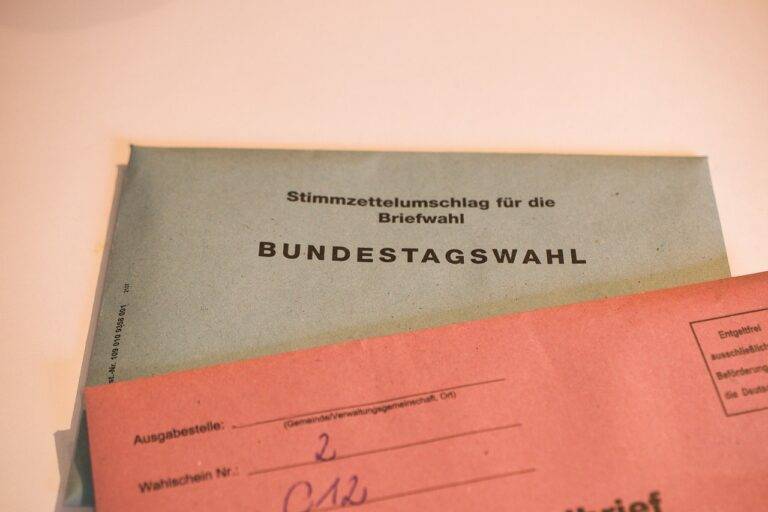Analyzing the Use of Blockchain in Securing Election Data
Election data security is a critical aspect of maintaining the integrity and trustworthiness of electoral processes. With the increasing reliance on technology for voting and tallying results, the protection of sensitive election information has become a top priority for governments and election officials. Ensuring the confidentiality, availability, and integrity of election data is essential to prevent any potential tampering or breaches that could undermine the democratic process.
Various measures are implemented to enhance election data security, including encryption techniques, multi-factor authentication, and regular audits of voting systems. Additionally, strict access controls and monitoring mechanisms are put in place to safeguard against unauthorized access or manipulation of election data. By implementing robust security protocols, election authorities aim to instill confidence in the electoral process and ensure that the outcome accurately reflects the will of the voters.
Potential Vulnerabilities in Traditional Election Systems
Traditional election systems are vulnerable to various risks that can compromise the integrity of the voting process. One significant vulnerability lies in the reliance on paper ballots, which can be tampered with or lost. This opens up the possibility of voter fraud and manipulation of election results, undermining the democratic principles of fair and transparent elections.
Moreover, traditional election systems often lack robust mechanisms for verifying the authenticity of voters and ensuring that each vote is accurately recorded. This can lead to issues such as voter impersonation, duplicate voting, and other forms of electoral fraud. Without adequate safeguards in place, the sanctity of the electoral process is at risk, eroding public trust in the outcome of elections.
Traditional election systems rely on paper ballots, which can be tampered with or lost.
This opens up the possibility of voter fraud and manipulation of election results.
Lack of robust mechanisms for verifying the authenticity of voters and ensuring accurate vote recording is a common issue in traditional election systems.
Issues such as voter impersonation, duplicate voting, and electoral fraud can arise due to this vulnerability.
Without adequate safeguards, public trust in the outcome of elections is eroded.
Benefits of Utilizing Blockchain Technology
Blockchain technology offers unparalleled security and transparency in the realm of election data management. By utilizing a decentralized, tamper-resistant ledger system, blockchain ensures that each vote is recorded accurately and cannot be altered retroactively. This not only enhances the integrity of the electoral process but also instills trust among voters and stakeholders in the validity of election results.
Moreover, the use of blockchain technology streamlines the verification and counting of votes, significantly reducing the chances of fraud or manipulation. With every transaction securely recorded and time-stamped on the blockchain, the entire electoral process becomes more resilient to cyber attacks and external interference. By leveraging blockchain technology, election authorities can enhance the efficiency and reliability of their systems, ultimately paving the way for more robust and secure democratic practices.
What is blockchain technology?
Blockchain technology is a decentralized, distributed ledger system that securely records transactions across multiple computers in a way that is transparent, verifiable, and tamper-proof.
How can blockchain technology improve election data security?
Blockchain technology can improve election data security by providing a secure and transparent way to record and verify votes. It eliminates the risk of tampering or hacking, ensuring the integrity of the election process.
What are some potential vulnerabilities in traditional election systems?
Traditional election systems are vulnerable to hacking, tampering, and manipulation of voter data. Paper-based systems are susceptible to human error and fraud, while electronic systems can be compromised by cyber attacks.
How can blockchain technology address these vulnerabilities?
Blockchain technology can address these vulnerabilities by providing a secure and immutable record of votes. Each vote is encrypted and stored on the blockchain, making it nearly impossible to alter or manipulate without detection.
What are some of the benefits of utilizing blockchain technology in elections?
Some benefits of utilizing blockchain technology in elections include increased transparency, enhanced security, reduced risk of fraud, and improved voter confidence in the electoral process. Blockchain technology also streamlines the voting process and reduces costs associated with traditional paper-based systems.





